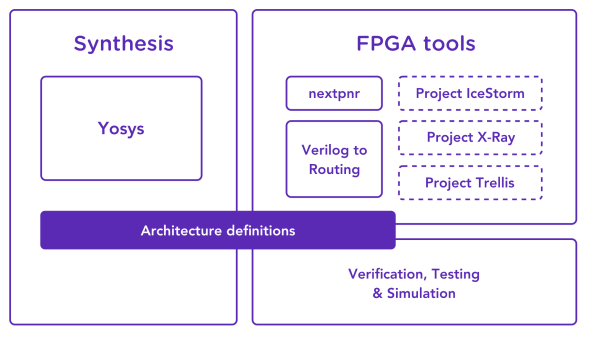The always interesting Project Zero has a pair of stories revolving around security research itself. The first, from this week, is all about one man’s quest to build a debug iPhone for research. [Brandon Azad] wanted iOS debugging features like single-stepping, turning off certain mitigations, and using the LLDB debugger. While Apple makes debug iPhones, those are rare devices and apparently difficult to get access to.
[Brandon] started looking at the iBoot bootloader, but quickly turned his attention to the debugging facilities baked into the Arm chipset. Between the available XNU source and public Arm documentation, he managed to find and access the CoreSight debug registers, giving him single-step control over a core at a time. By triggering a core halt and then interrupting that core during reset, he was able to disable the code execution protections, giving him essentially everything he was looking for. Accessing this debug interface still requires a kernel level vulnerability, so don’t worry about this research being used maliciously.
The second Google Zero story that caught my eye was published earlier in the month, and is all about finding useful information in unexpected places. Namely, finding debugging symbols in old versions of Adobe Reader. Trying to understand what’s happening under the hood of a running application is challenging when all you have is a decompiler output. Adobe doesn’t ship debug builds of Reader, and has never shipped debug information on Windows. Reader has been around for a long time, and has supported quite a few architectures over the years, and surprisingly quite a few debug builds have been shipped as a result.
How useful could ancient debugging data be? Keep in mind that Adobe changes as little as possible between releases. Some code paradigms, like enums, tend to be rather static as well. Additional elements might be added to the end of the enum, but the existing values are unlikely to change. [Mateusz Jurczyk], the article’s author, then walks us through an example of how to take that data and apply it to figuring out what’s going on with a crash. Continue reading “This Week In Security: Project Zero’s IPhone, BBC The Onion, Rooting Androids, And More” →
















